235 Results
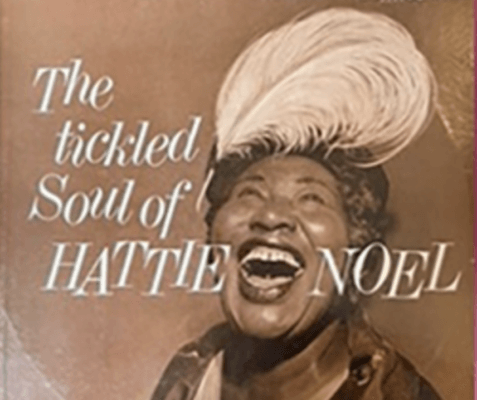
Uncovering Stand-Up Comedy’s Feminist Media History
Feb 22 2025
Hattie Noel was a trailblazer of the stand-up comedy form. While the visual archive shows her constrained in the controlling images of Disney’s hippo and Hollywood’s maid, her comedy albums tell a different story of Black representation.

New from "Pacific Historical Review": Potsdam Declaration, Chinese Youth in the Cold War, California Rural Legal Assistance
Jan 21 2025
A preview of the Winter 2025 issue of "Pacific Historical Review"

Reading List: Democracy and Its Threats, Essential Reads for Navigating an Uncertain Future
Dec 03 2024
UC Press's publishing programs in books and journals, which amplify the voices of leading experts, remain vital for understanding and addressing the challenges of our time.
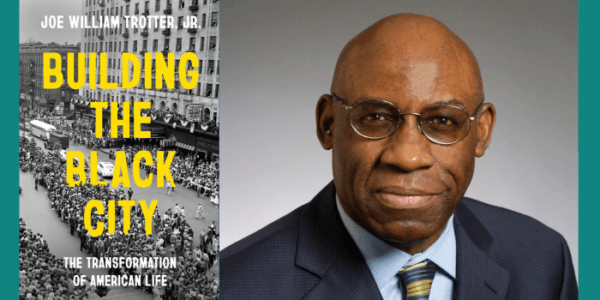
Q&A with Joe William Trotter, Jr., author of "Building the Black City"
Nov 08 2024
In "Building the Black City," Joe William Trotter, Jr., traces the growth of Black cities and political power from the preindustrial era to the present.
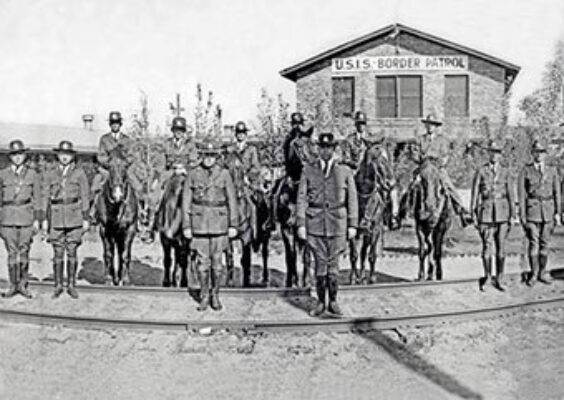
One Hundred Years of Border Control
Nov 01 2024
A special issue of California History commemorates the centennial of the Border Patrol and the Immigration Act of 1924, and offers important historical perspective on our current political moment.
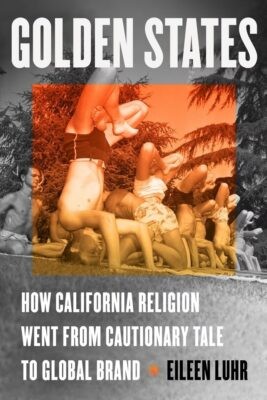
How California’s Dr. Bronner’s Spiritual Messaging Became a Global Brand
Oct 23 2024
Many of us are now familiar with Dr. Bronner’s. Yet behind this now popular brand lays a larger story of California as an important site for reconceptualizing communities of belief and belonging.
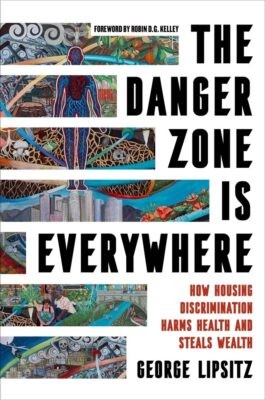
Housing discrimination is a public health disaster — and we need widespread social mobilization to fix it
Oct 21 2024
Residential racial segregation is both an economic injustice and a public health hazard. My new book contends that housing insecurity and its health consequences make up key components of an unjust, destructive, and deadly racial order.
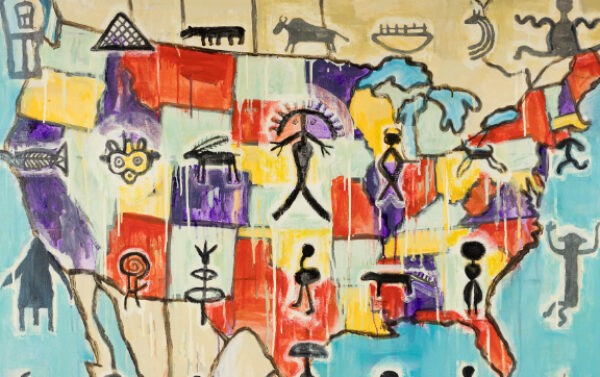
Native land claims and culture are inseparable
Oct 18 2024
I grew up during the Native land claims era in Alaska. Throughout the twentieth century, Alaska Native people watched their lands and livelihoods slip away as settlers came to the territory in search of resources.
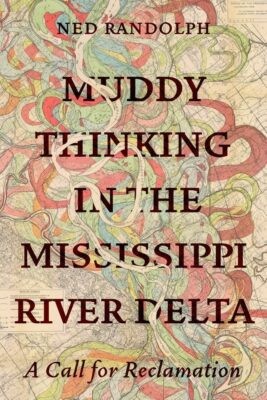
Finding hope in a precarious place
Oct 17 2024
While rising insurance rates in New Orleans reflect the challenges of engineering away from danger, we are drawn to something more powerful than a hurricane: a fierce cultural persistence for breaking bread in the ruins.
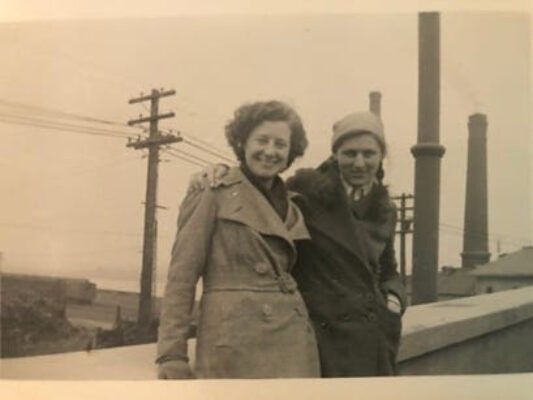
Ten Intriguing Facts about Fearless Writer Sanora Babb
Oct 17 2024
Iris Jamahl Dunkle, author of "Riding Like the Wind: The Life of Sanora Babb," shares 10 intriguing facts about intrepid writer Sanora Babb — peerless author of midcentury American literature who was silenced by John Steinbeck's "The Grapes of Wrath."